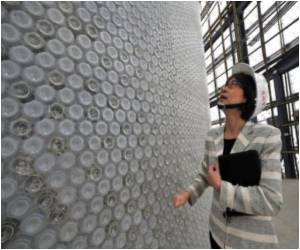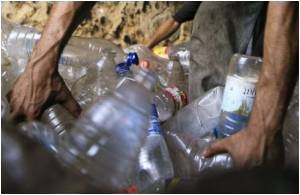Exposure to low doses of Bisphenol A (BPA), a toxic man-made chemical, during gestation has immediate and long-lasting trans-generational effects on the brain and social behaviour, says a study.

Public health concerns have been fuelled by findings that BPA exposure can influence brain development. In mice, prenatal exposure to BPA is linked with increased anxiety, aggression and cognitive impairments, the journal Endocrinology reported.
"We have demonstrated for the first time to our knowledge that BPA has trans-generational actions on social behaviour and neural expression," said Emilie Rissman, of the University of Virginia School of Medicine who led the study.
"Since exposure to BPA changes social interactions in mice at a dose within the reported human levels, it is possible that this compound has trans-generational actions on human behaviour," said Rissman, said a university statement.
"If we banned BPA tomorrow, pulled all products with BPA in them, and cleaned up all landfills tomorrow it is possible, if the mice data generalize to humans, that we will still have effects of this compound for many generations," said Rissman.
In this study, female mice received chow with or without BPA before mating and throughout gestation. Plasma levels of BPA in supplemented female mice were in a range similar to those measured in humans.
Advertisement
"The fact that it can change gene expression in mice, and that these changes are heritable, is cause for us to be concerned about what this may mean for human health," added Rissman
Advertisement








